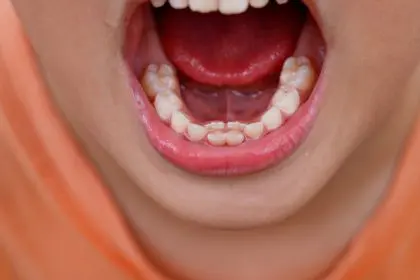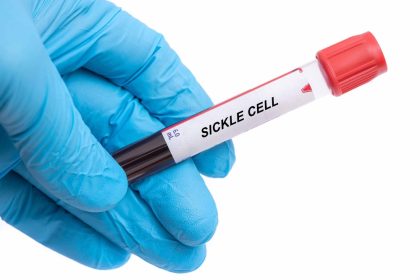Dr. Vernon Rayford, an internal medicine specialist and pediatrician from Tupelo, Miss., says St. Jude Children’s Research Hospital is actively examining a cure for sickle cell anemia. As a St. Jude donor, Dr. Rayford has contributed thousands of dollars to active research for therapies such as bone marrow transplants and gene editing.
Dr. Rayford spoke to rolling out about how St. Jude is caring for children with sickle cell disease.
In layman’s terms, what is sickle cell disease?
Sickle cell disease is the most common inherited blood disease.
It’s a problem where the blood, particularly the red blood cells, have a genetic mutation. [There’s] a mutation in the genetic code of the DNA, and that mutation causes the red blood cell to look like a sickle or a sharp-edged [shape], instead of a lifesaver or a flotation device. As a result, people end up with complications that can include painful episodes, which are called crises, lung disease, increased risk of infections, a risk of stroke or a low blood count, hence the name anemia. Ultimately, the consequence of all this damage from the abnormal shape of red blood cells can lead to a lot of hospitalizations and unfortunately, a much shorter lifespan.
How is St. Jude increasing detection of this disease?
Babies who are born with sickle cell across the United States, they’re being identified within the first few days of life. With newborn screening and recognition of sickle cell disease, there is treatment.
Next, babies are referred to sickle cell specialists. St. Jude is a provider of sickle cell care to almost 1,000 children in a wide stretch from North Mississippi up to Southeastern Missouri. Once they’re identified, there are certain medications that can be used to reduce the risk of infection and medications that can reduce the risk of having painful crises.
Ultimately, there are some cutting-edge therapies that involve bone marrow transplants and going in and making edits to the gene code. There’s active research in changing the genes through a bone marrow transplant and that’s another area that St. Jude excels at. They are setting the standard of care for almost 1,000 children and families with sickle cell disease, but there’s cutting-edge research, particularly with gene editing. Twenty to 30 years ago, we didn’t think this was possible. How can you improve and potentially create a condition that’s almost like a cure for sickle cell? St. Jude is at the forefront of researching that. Not only to offer it to the kids that they take care of in their service area but also to apply it to the larger world.














